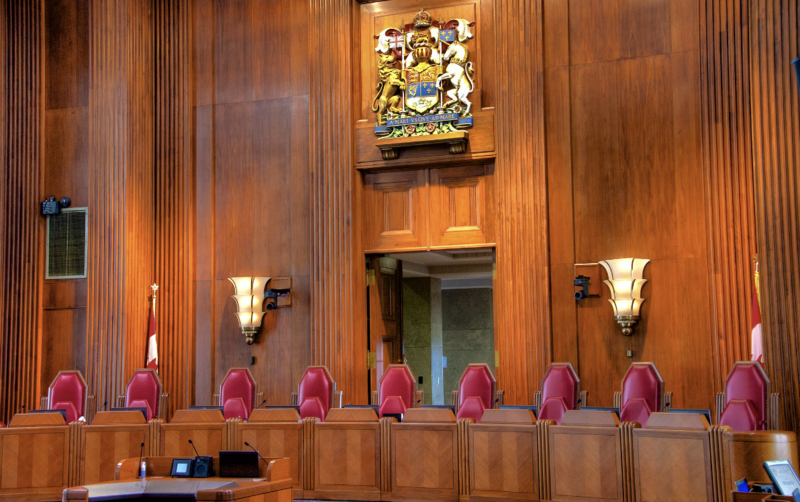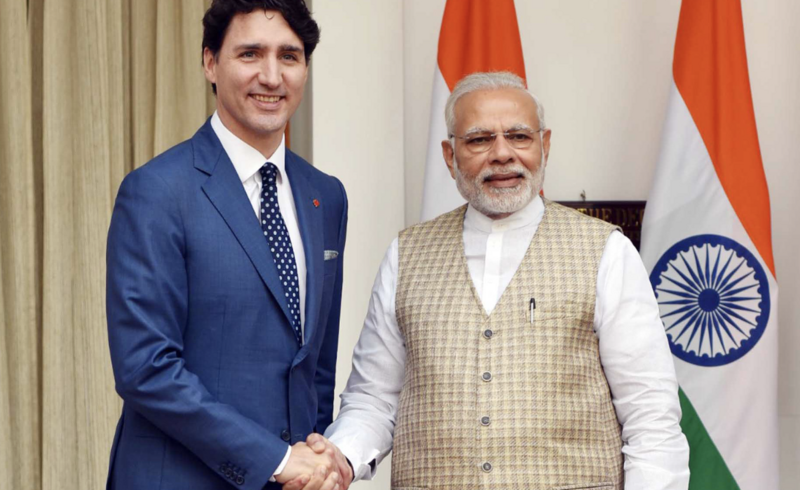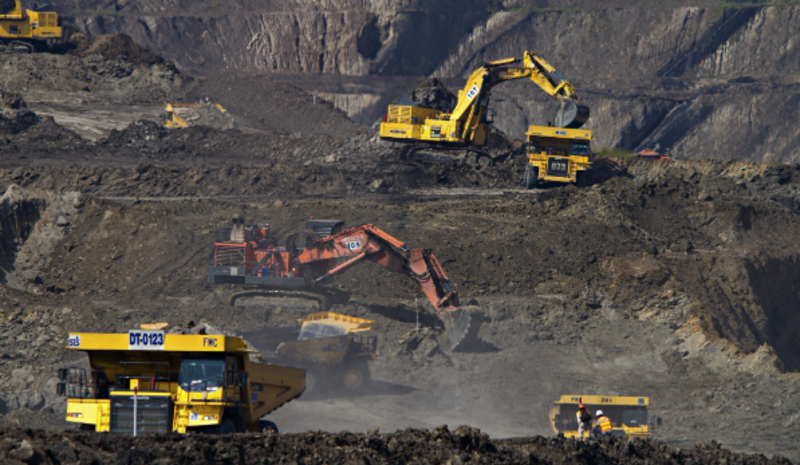Today in news that we’re sure politicians will take in super chill fashion, the federal justice minister unveiled the first draft of a long-awaited Online Harms Act.
Driving the news: The proposed legislation covers content posted to social media platforms, live streaming services, and some user-uploaded pornography sites. If passed, it would also create a new digital safety commission tasked with upholding rules, making recommendations, and receiving user complaints.


.png)

.png)




